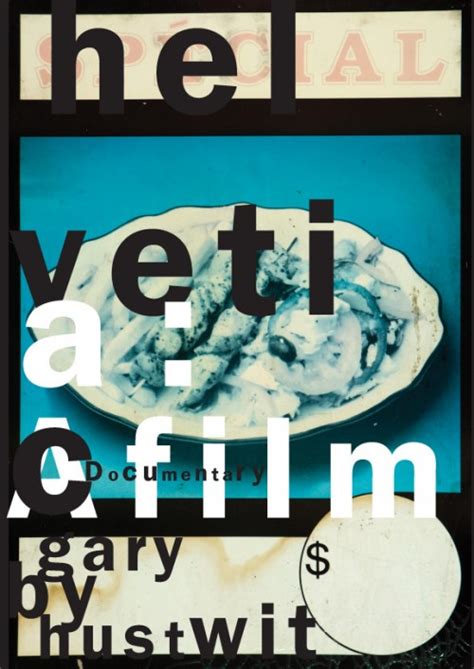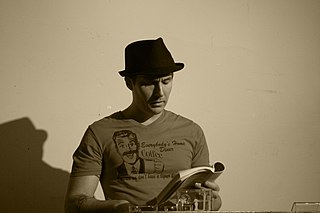A Quote by David Carson
Invite the reader to participate by deciphering. Chaos can attract and engage.
Related Quotes
The book is finished by the reader. A good novel should invite the reader in and let the reader participate in the creative experience and bring their own life experiences to it, interpret with their own individual life experiences. Every reader gets something different from a book and every reader, in a sense, completes it in a different way.
When I began to write novels, I wanted to keep that element of interaction with the reader that exists in poetry, not just for the reader to be shepherded from A to B to C to D but to participate, and the less you say sometimes, the better it is. You know, it's the way when someone speaks very quietly, you move forward so you can listen more carefully.
So we start with an oversignifying reader. Those texts that appear to reward this reader for this additional investment - text that we find exceptionally suggestive, apposite, or musical - are usually adjudged to be 'poetic'. ... The work of the poet is to contribute a text that will firstly invite such a reading; and secondly reward such a reading.
Philosophy is speculation, Zen is participation. Participate in the night leaving, participate in the evening coming, participate in the stars and participate in the clouds; make participation your lifestyle and the whole existence becomes such a joy, such an ecstasy. You could not have dreamed of a better universe.








































